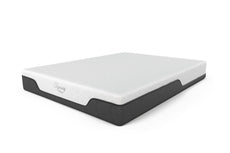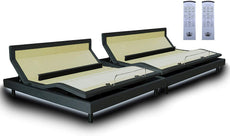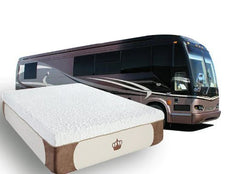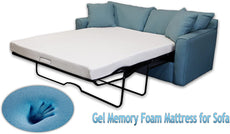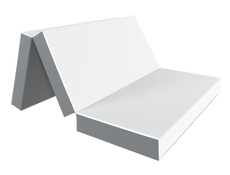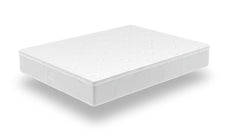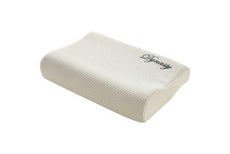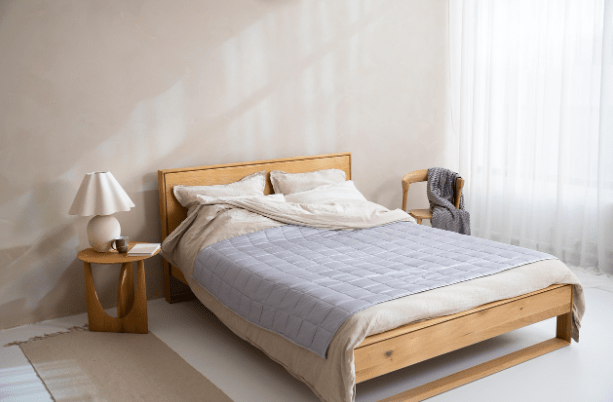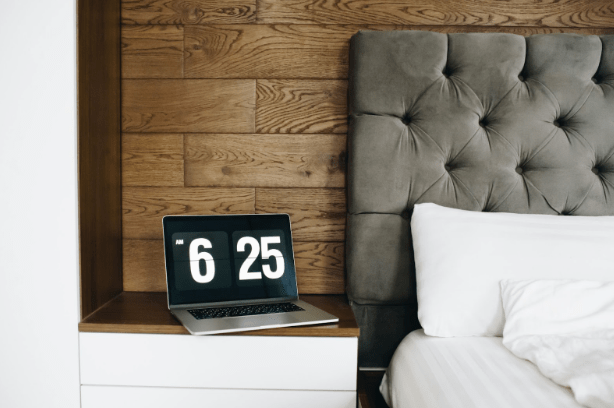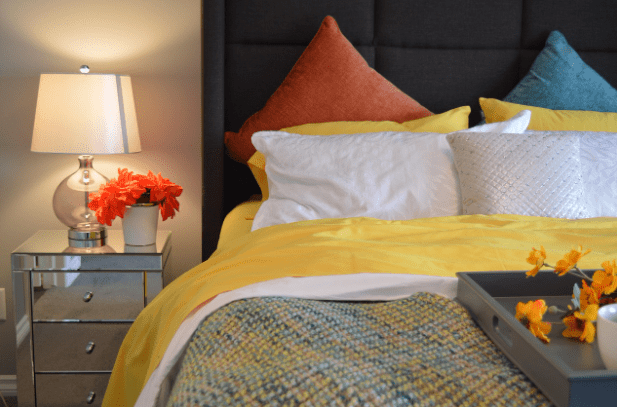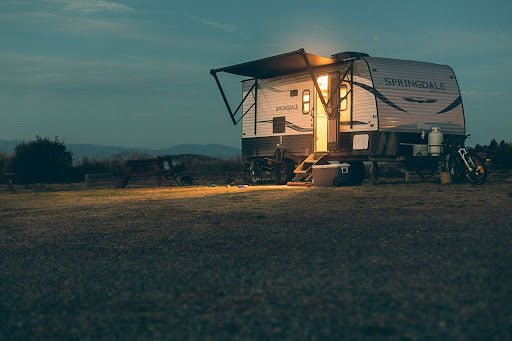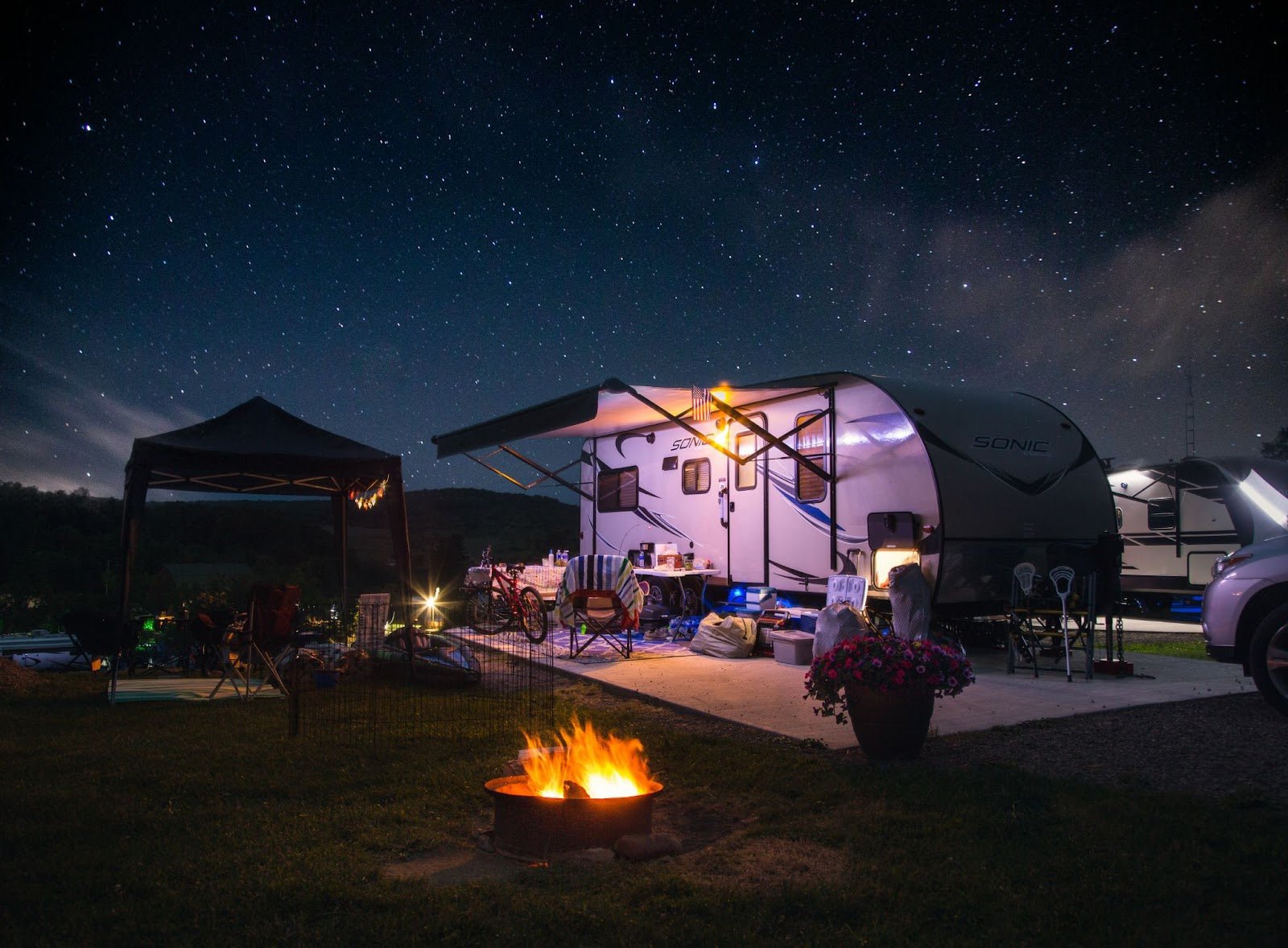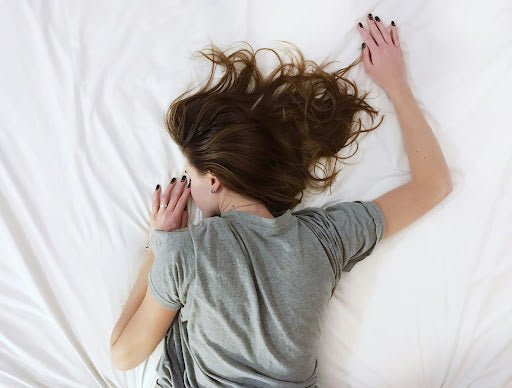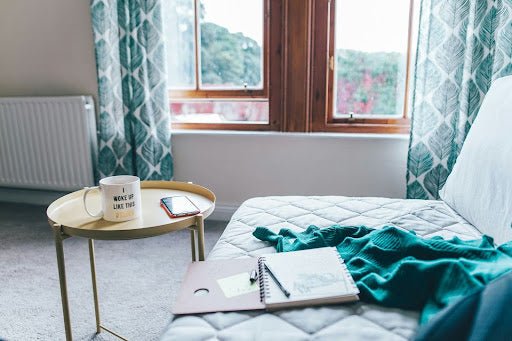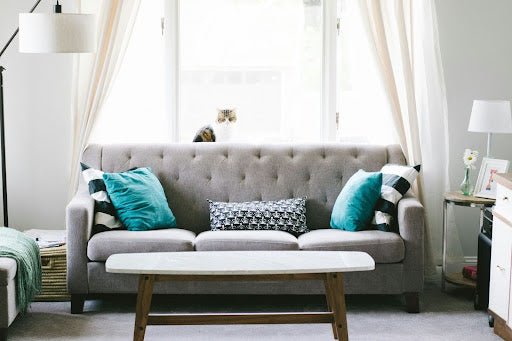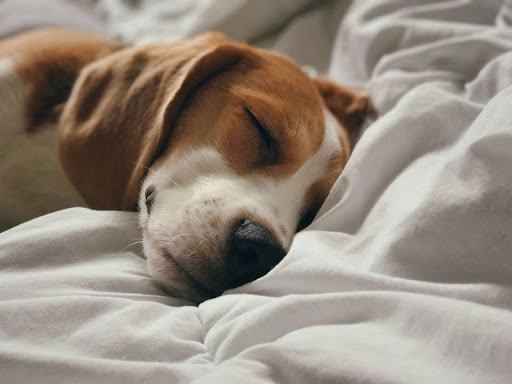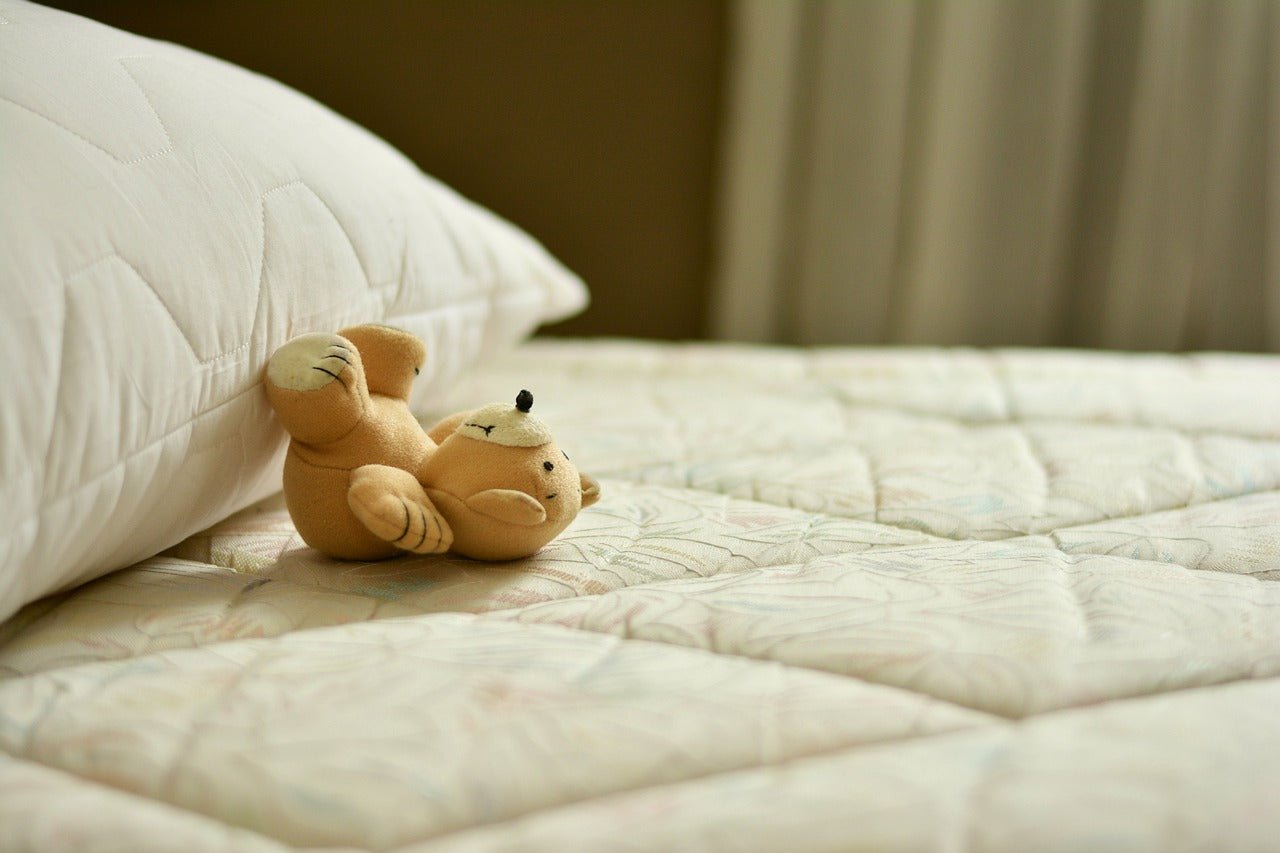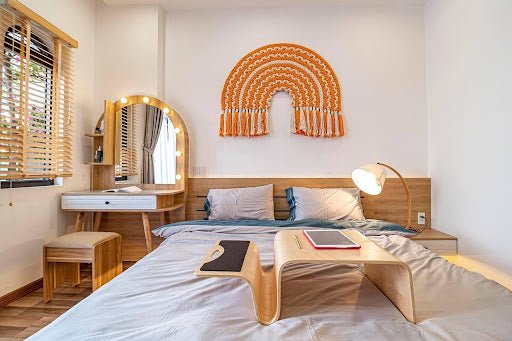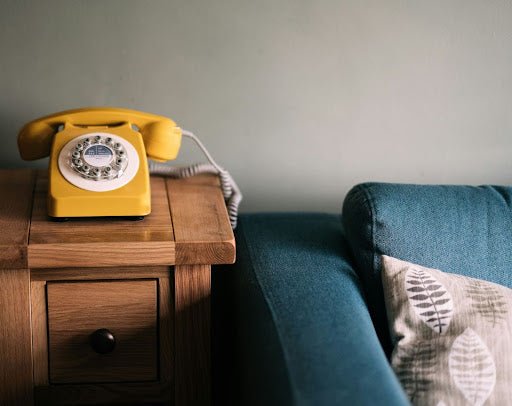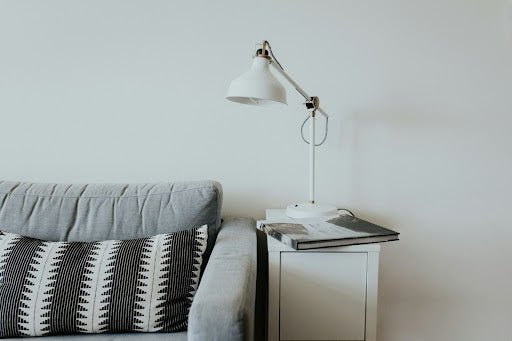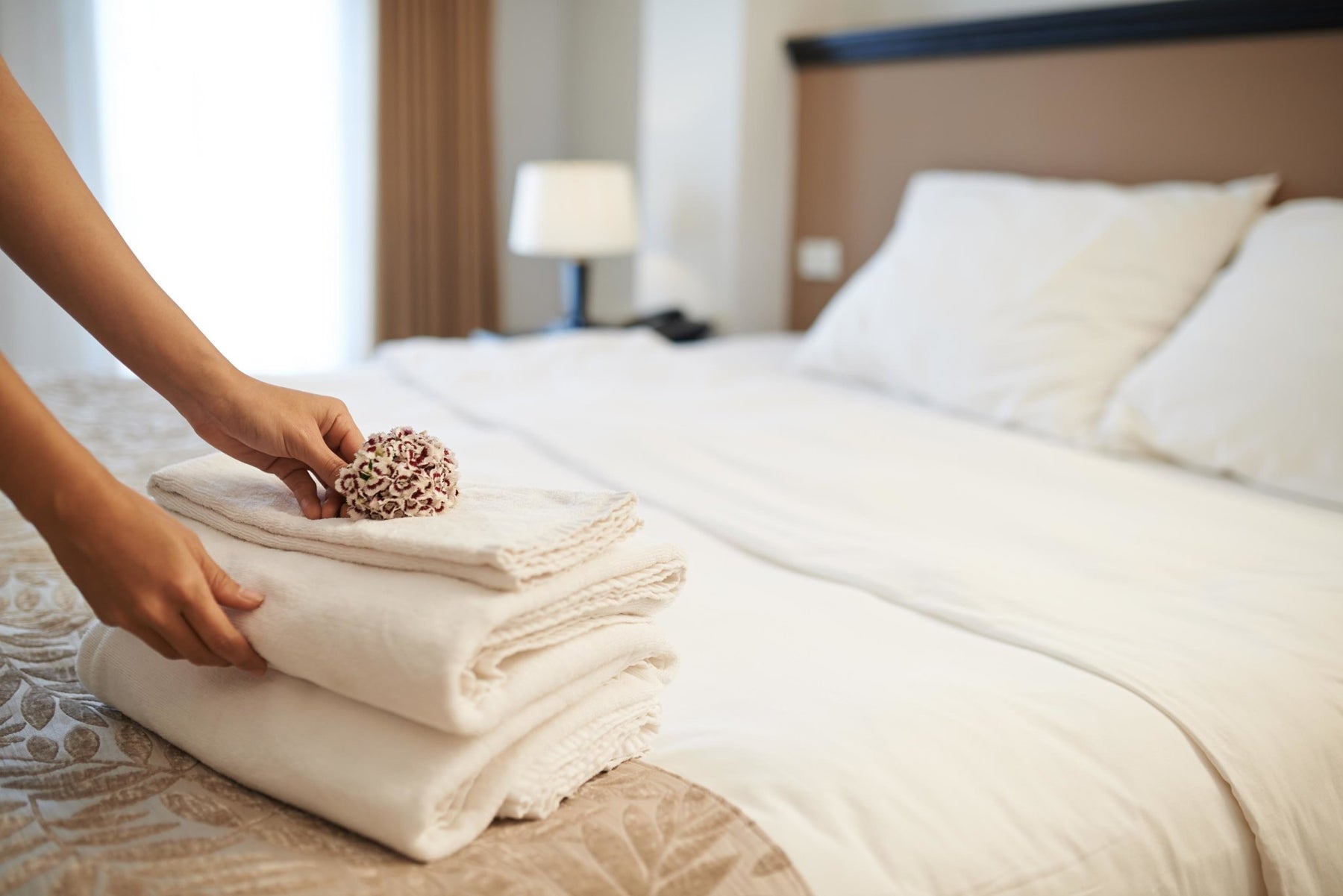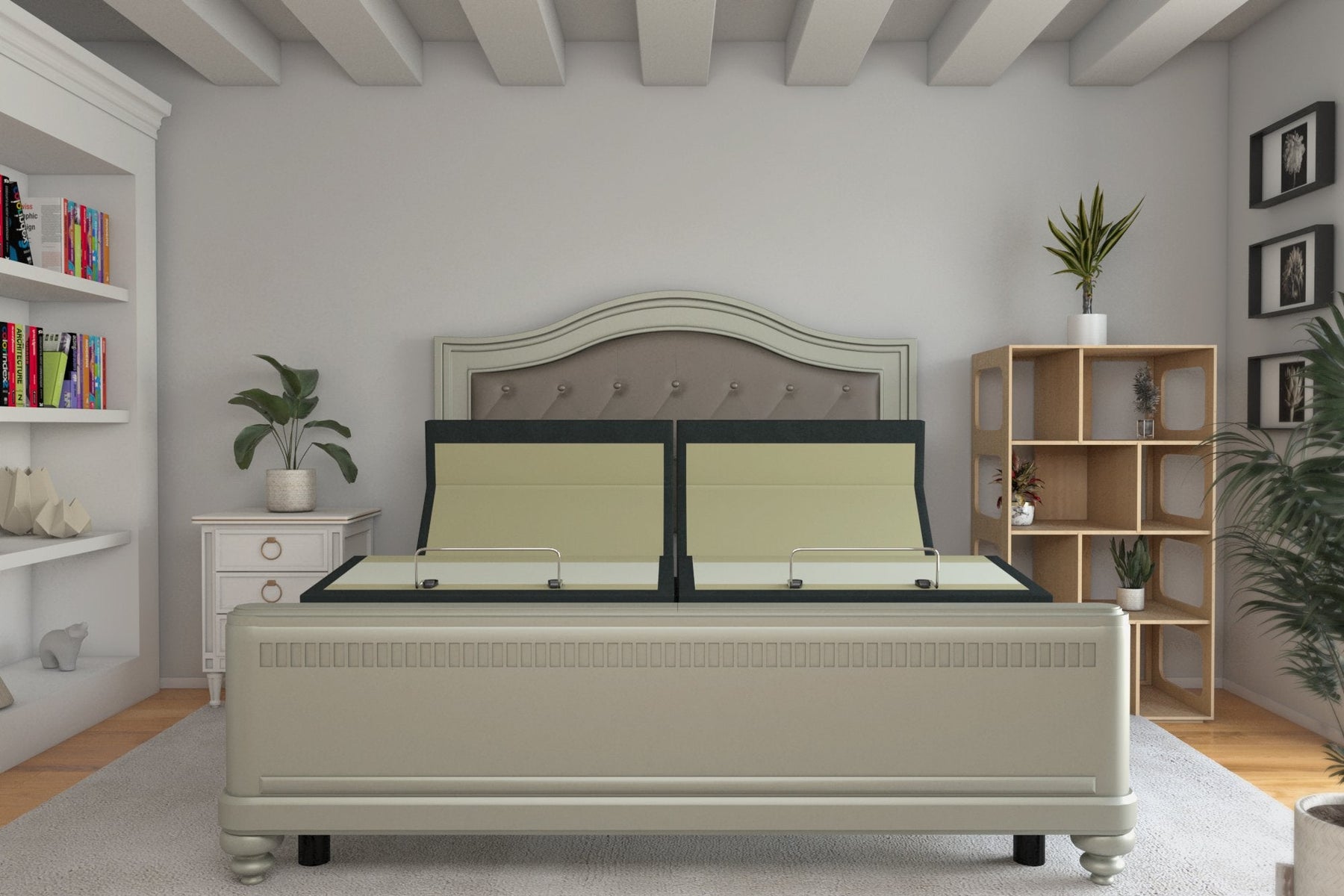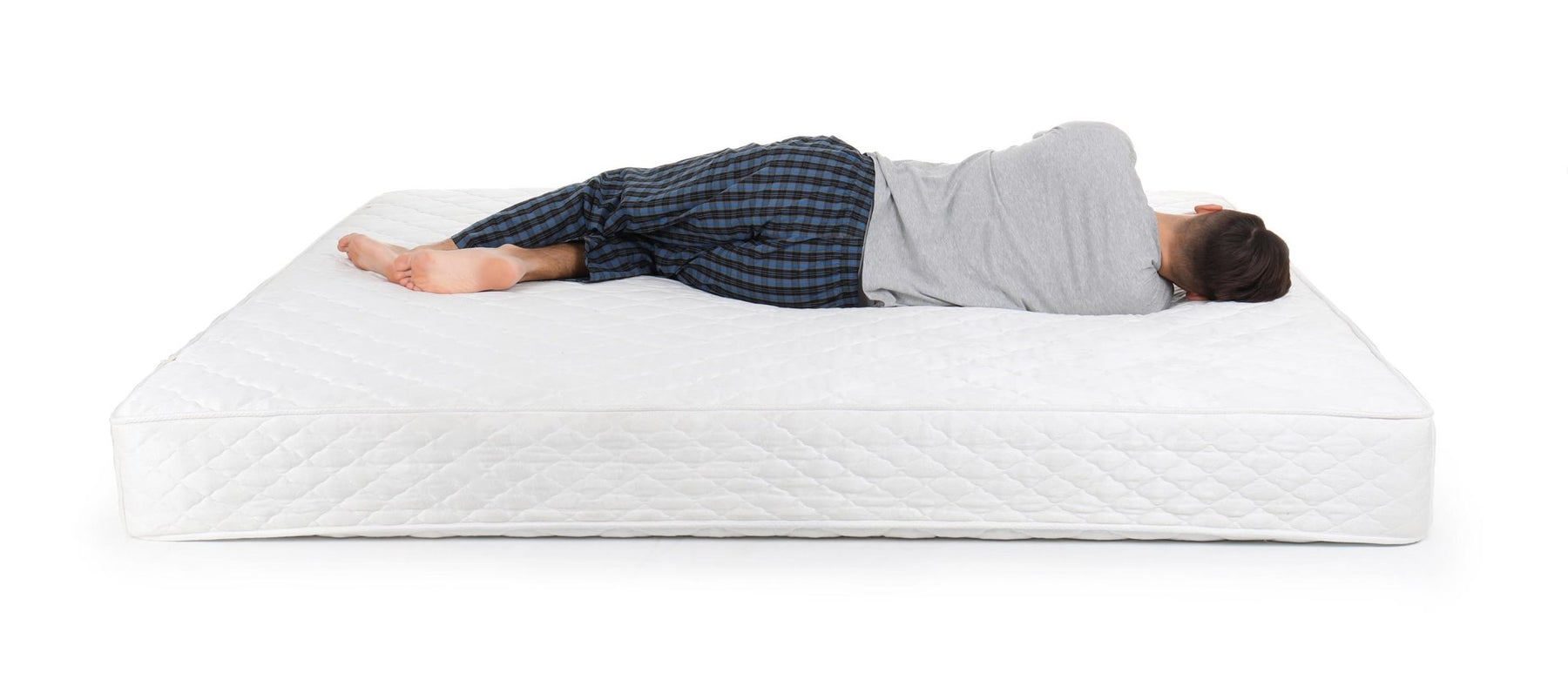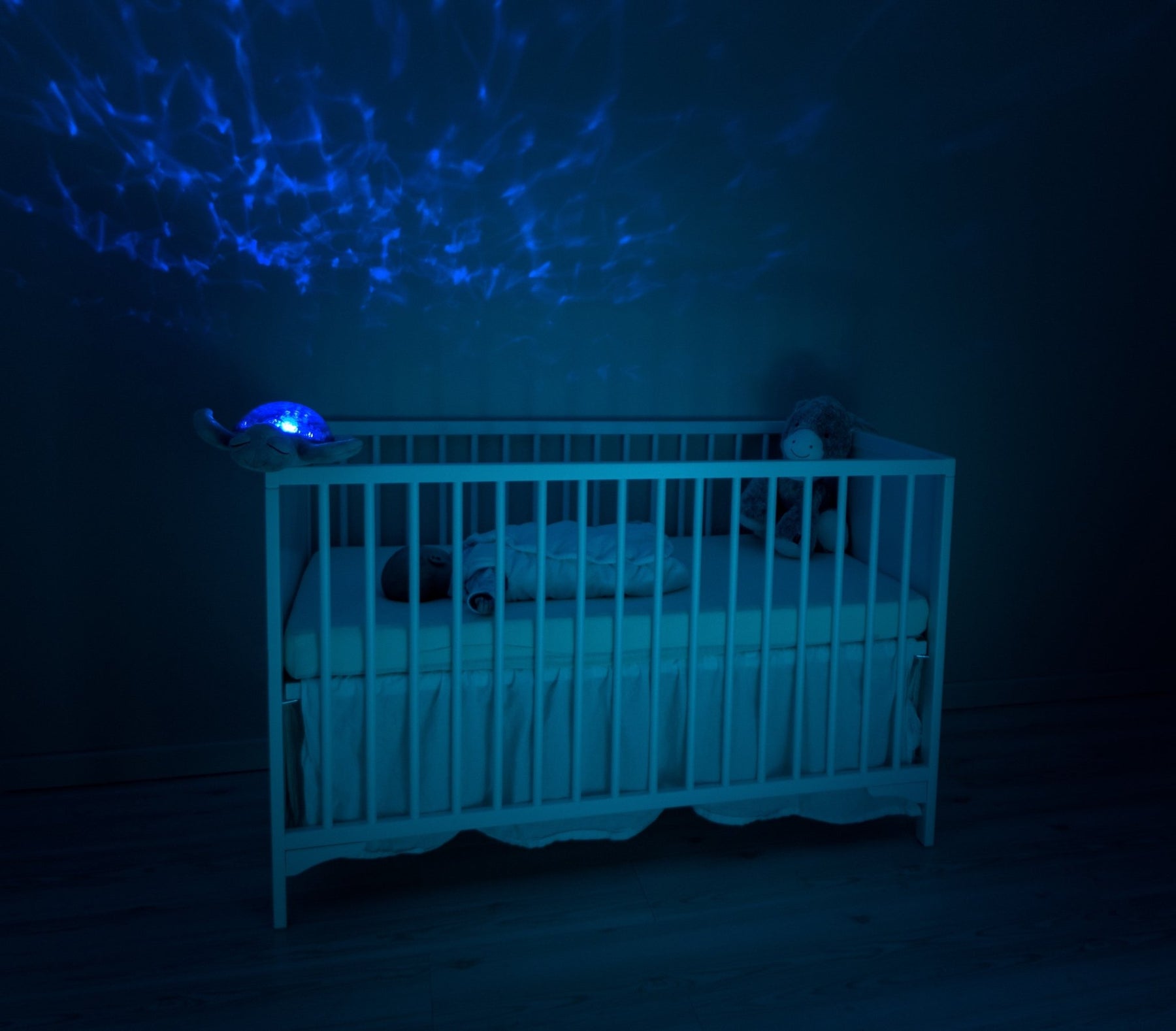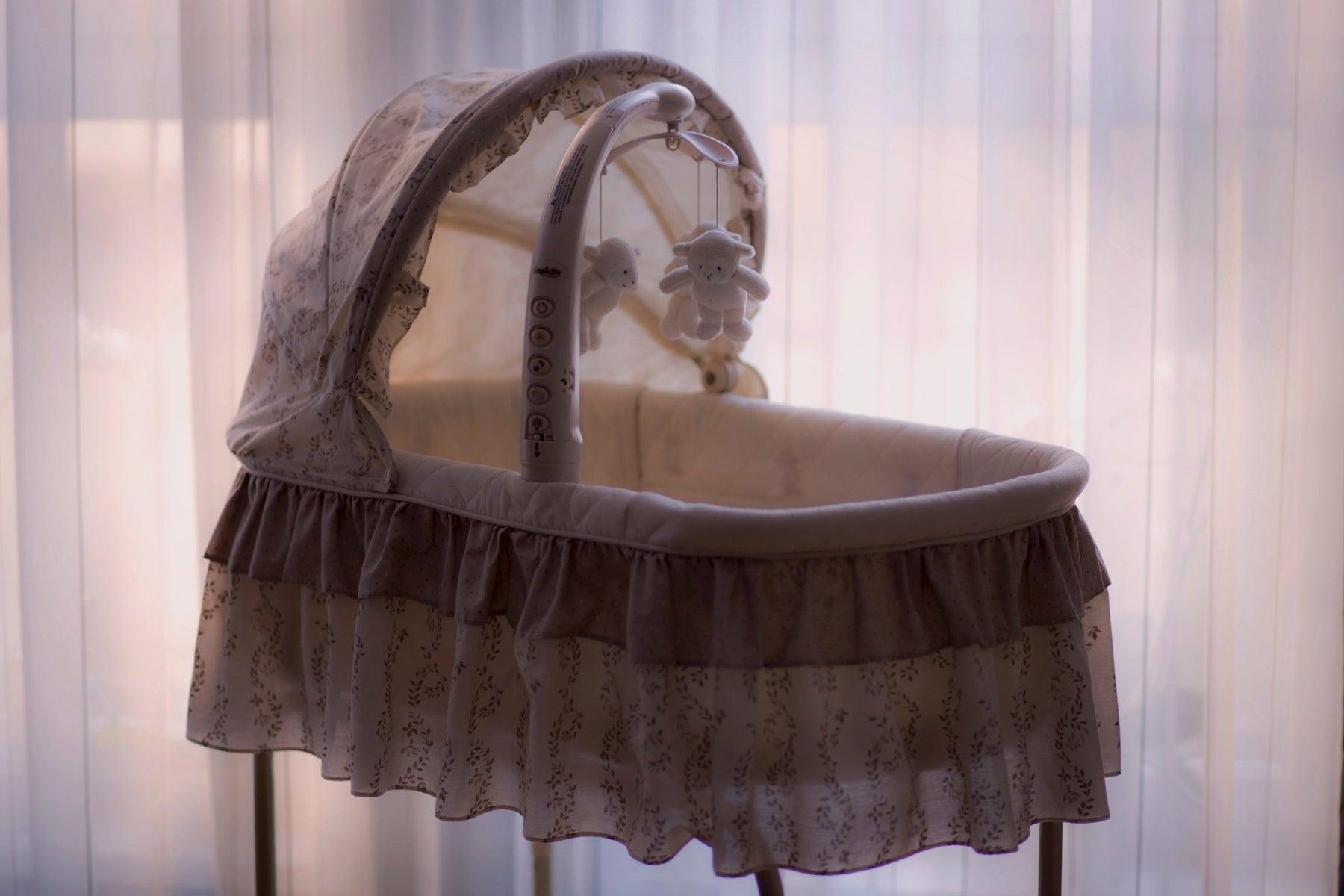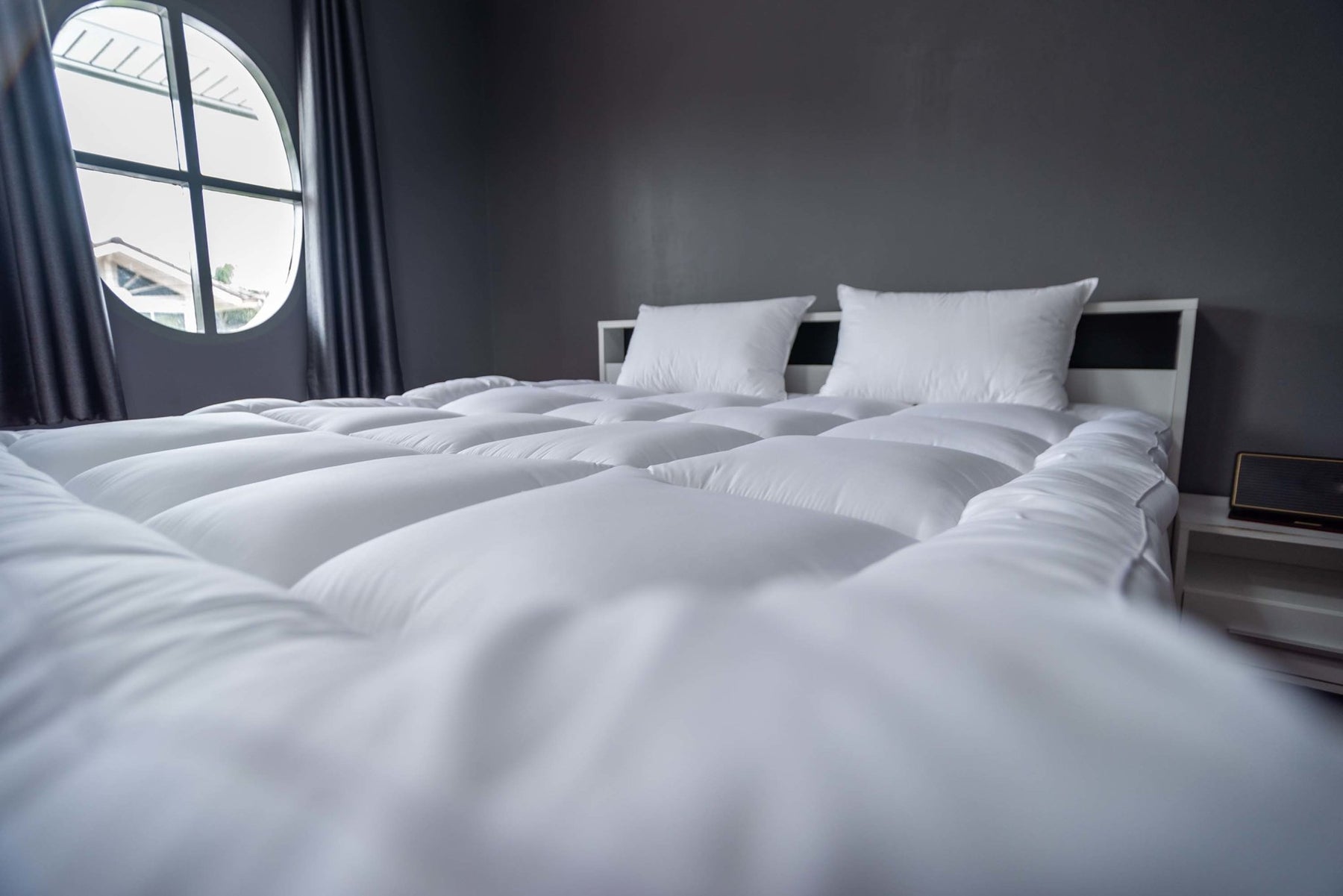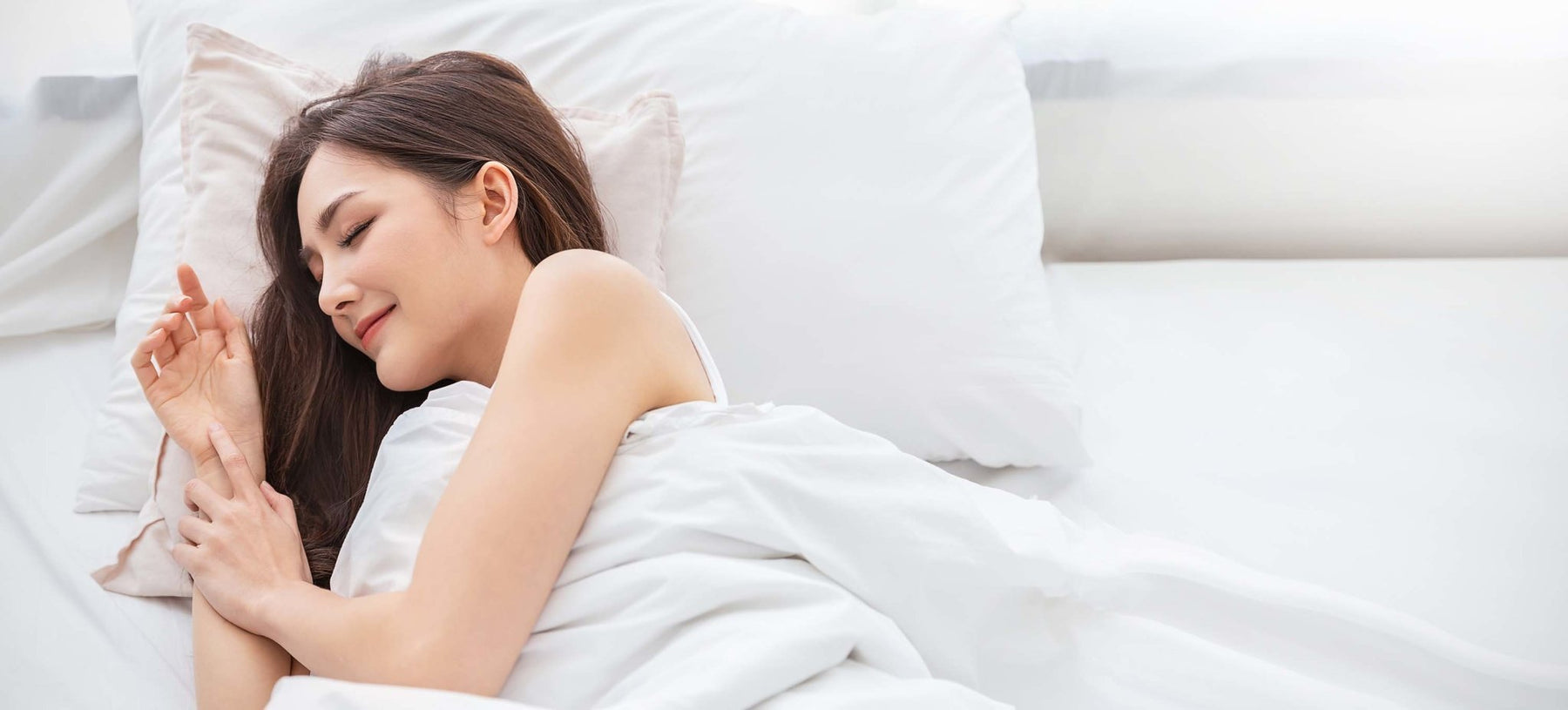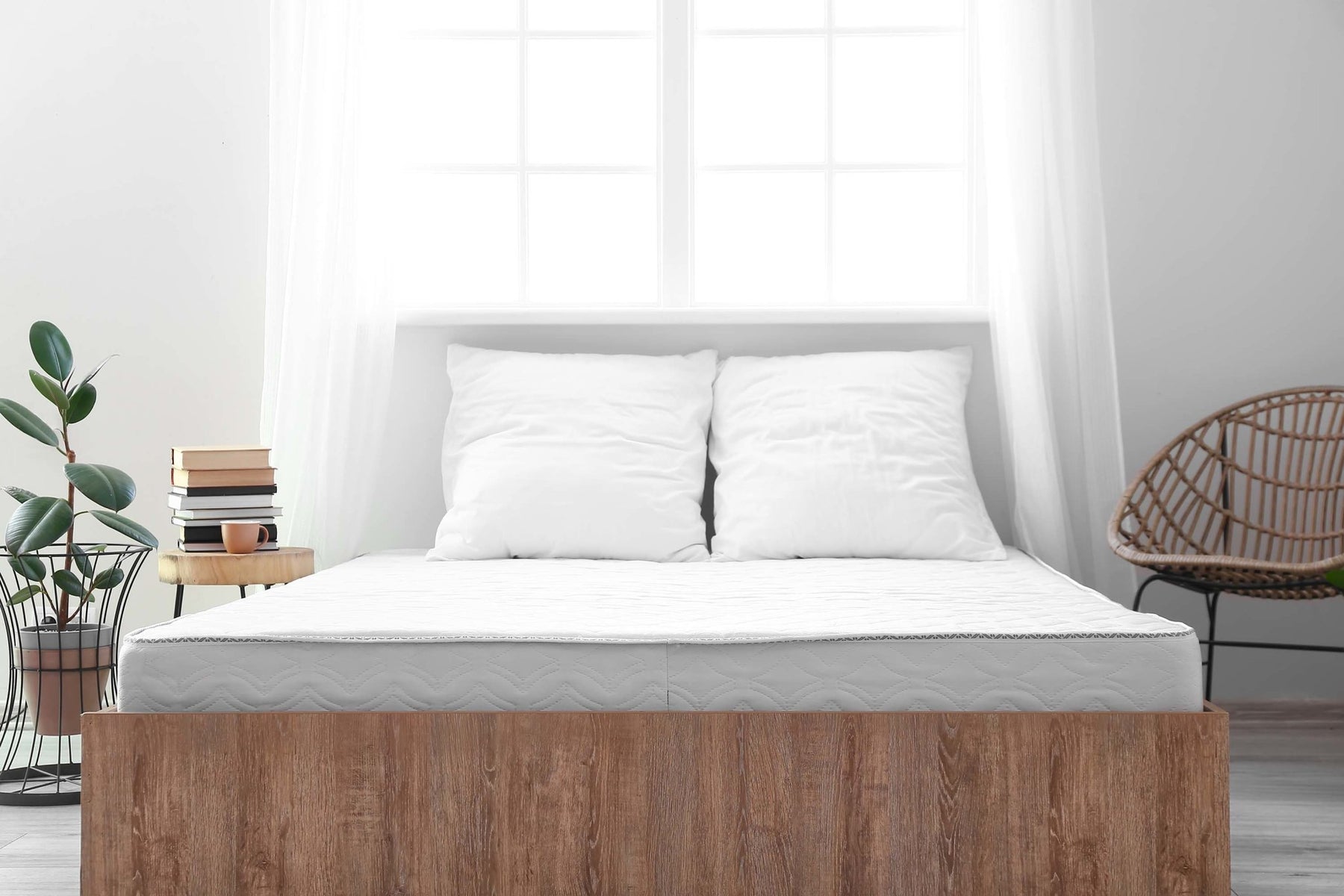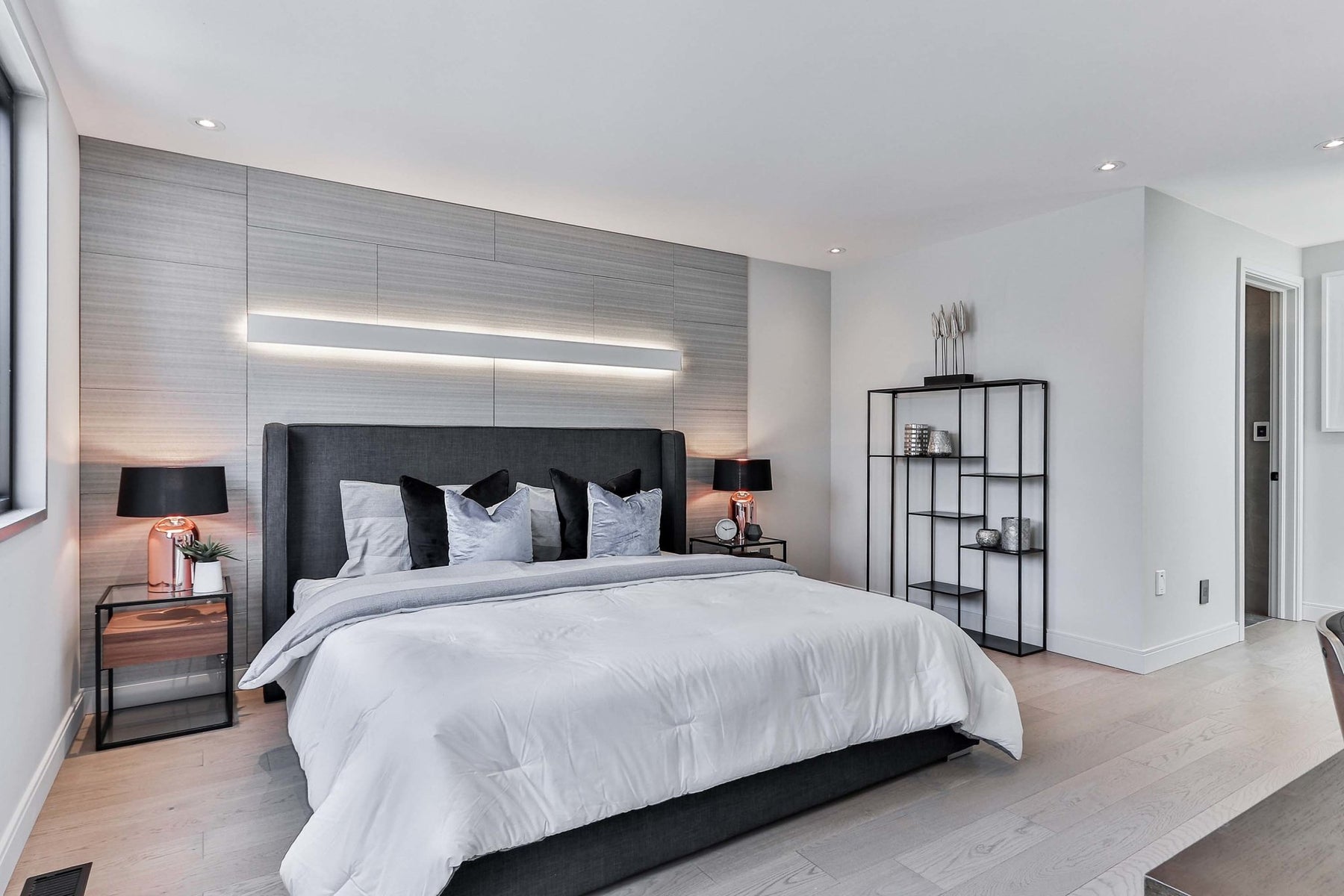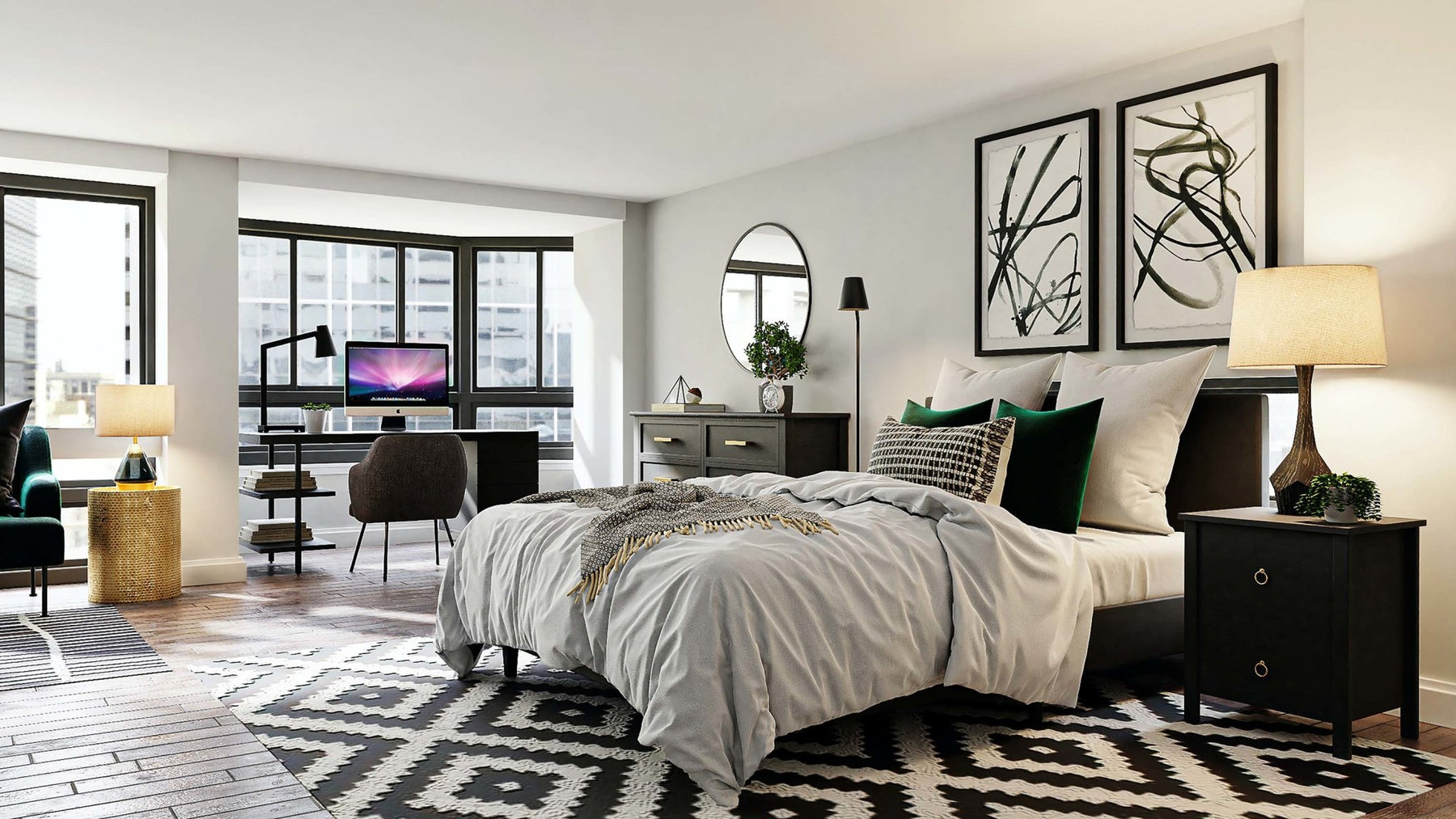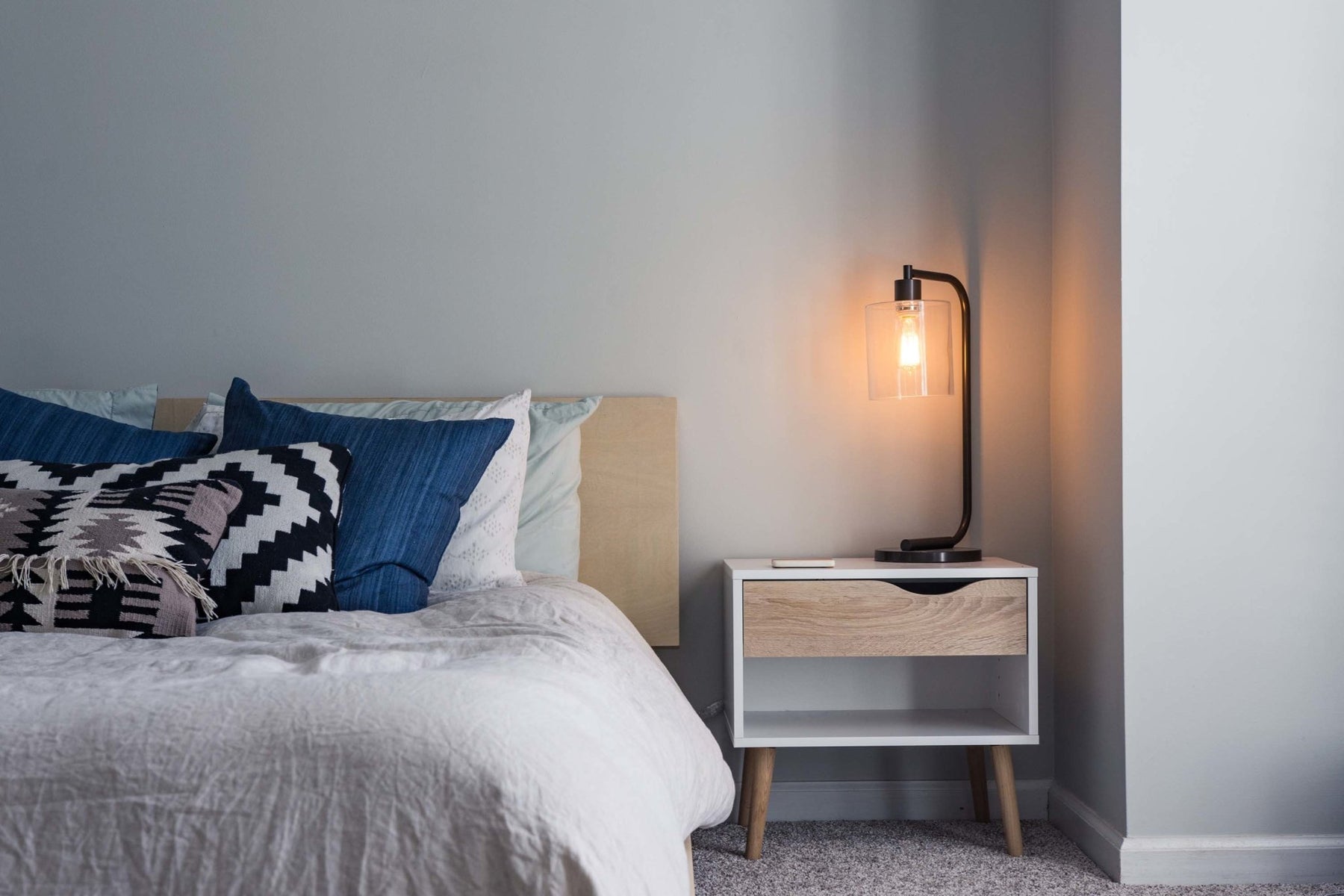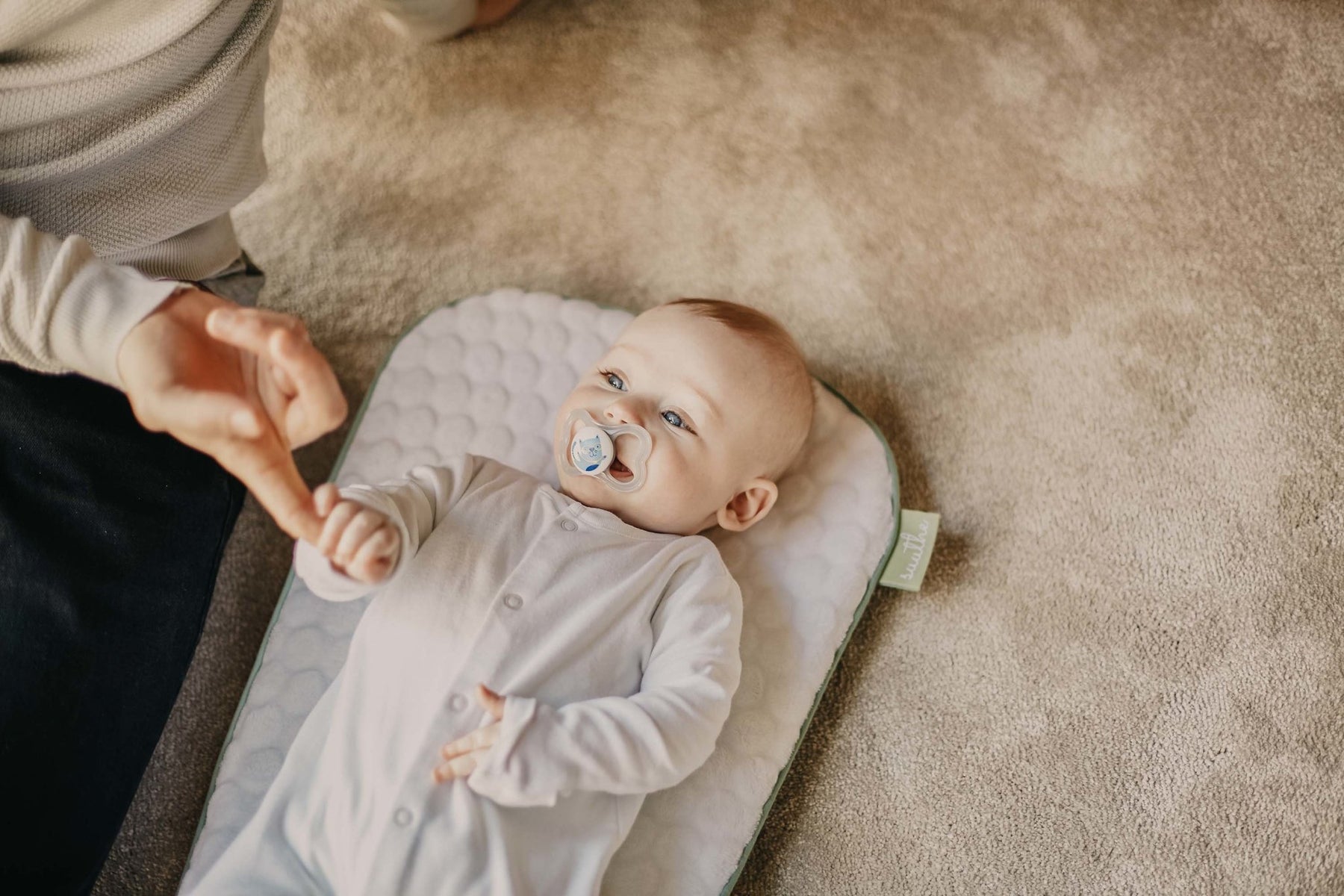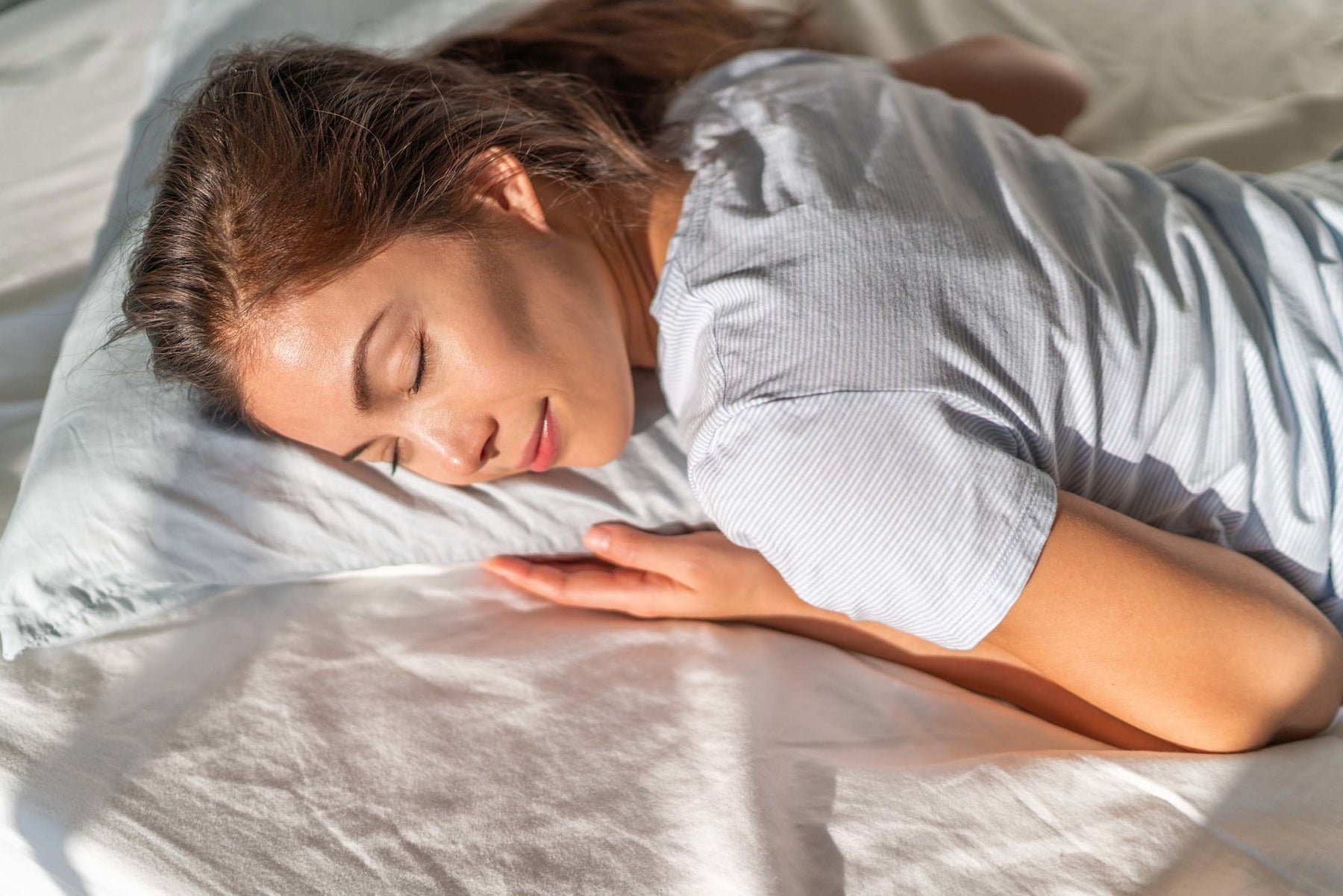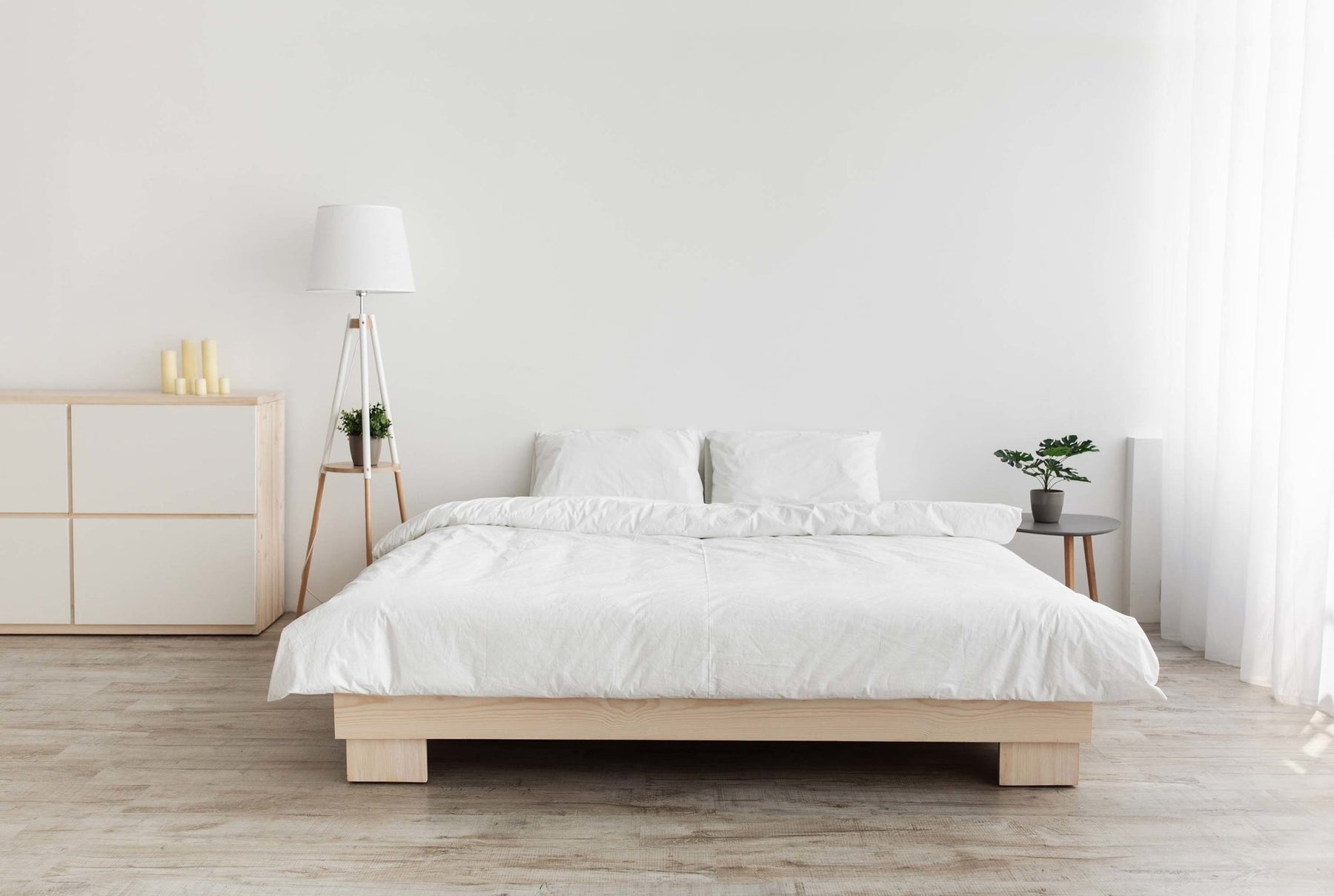
Six Sleep Techniques for a More Restful Night
We all know that we should get a good night's sleep, but sometimes that is easier said than done. Sleeping well is often reported by Americans to be one of the toughest health challenges. And it's no wonder why; there is so much in our lives that can interrupt our sleep and sleep routine.
Scientists agree: a good night's sleep is essential to a healthy lifestyle, less stress, and more productivity during waking hours. How can you get a better night's sleep if you're having to deal with all of the stresses of modern life? You might think, given that we're a mattress company, that we're going to recommend you get a better mattress– and yes, a good mattress is important to getting a good night's sleep. But there are six sleep techniques that have been tried and tested, and that we know will help you get your z's.
Set A Sleep Schedule
Setting and keeping a sleep schedule is a very important sleep technique to make sure that you are sleeping healthy. Good sleep is reliable sleep, and that only comes from deciding on a schedule and sticking with it. Yes, there will be times when you want to stay out late, or the occasional morning when sleeping in seems like the best course of action, but in general, a sleep schedule will help you have a more restful night.
So, how do you set a sleep schedule? First, you need to determine how much sleep you need. The Mayo Clinic recommends that you get no less than seven hours and no more than eight hours of sleep per night. Depending on your lifestyle this may feel impossible. Whether you're a college student or a new mother or a person with health problems, finding seven to eight hours of uninterrupted sleep may seem fanciful.
Think of it like exercise. No one wants to exercise (well, not everyone wants to exercise), but we do it because we know it's good for our bodies. We take time out of our day to go for a jog, or do yoga, or take the dog for a walk in the evening. If we can commit to an exercise schedule, because we know exercise is good for our body, then why can't we commit to a sleep schedule if we know sleep is good for our body?
You've Marked Out Eight Hours--Now What?
So you've decided you're going to sleep from 10:00pm to 6:00am, or 11:00pm to 7:00am, or something like that. Now how do you force yourself to do it?
Let's assume that the hardest part is going to be getting to bed on time, so let's start with waking up. Set an alarm for yourself, and stick to it. You may need to put the alarm clock on its most annoying setting, or you may need to put the alarm clock on the other side of the room--so that you HAVE to get out of bed to turn it off. Whatever you do, setting an alarm for yourself to wake up is going to be the easiest part of setting a sleep schedule. Once you can master waking up on time– no matter how groggy you may feel– then you can move on to mastering going to bed on time.
How do you go to bed on time? Well, we're going to get to that in the later parts of this article, but you need to set a time and stick to it. If you decide you're an 11 to 7 person, then you need to be in bed at eleven. Yes, it's going to be hard to get used to and you might lay awake in bed for several nights before you get the hang of it, but going to bed on time and waking up on time is crucial to getting a good night's sleep.
Limit Naps
We hate to be the bearer of bad news, but this effective sleeping technique requires fewer naps. Taking naps is going to hurt your ability to get a good night's sleep. The reason for this is pretty straightforward: if you get rest in the middle of the day you're not going to feel like getting rest later in the day. But there's actually more to it than that.
Taking naps throws off your body's natural circadian rhythms. These rhythms are what your body uses to regulate your wakefulness and sleep schedules. Getting off of your natural cycle, by taking naps when your body ought to be awake reprograms your body so that it doesn't know the right time to sleep and when to wake.
We realize that sometimes naps are a necessity. If you're working hard, mentally or physically, you can crash and be out for what seems like a well-deserved nap– and not all naps are bad. Obviously, new parents are going to catch naps whenever they can because they're sleeping so poorly at night– that's a given. And, as we get older, we need more naps because our bodies naturally need more rest (just as young children need more naps than adults).
The key to making the sleep schedule technique effective, is to try to limit naps to as few as possible. Remember: the fewer naps you take, the easier it will be to fall asleep when you hit that strict bedtime limit that you chose with your sleep schedule.
Be Careful What You Eat and Drink Before Bed
When it comes to sleep techniques, there’s few things more important than eating and drinking right. There are a lot of mistakes you can make about your eating and drinking before bed that will disrupt your good night's sleep. We all know an energy drink right before bed wouldn't be the best idea, but some people think nothing of having a coffee with dessert. Do you really need that coffee? And how much do you need? A cup of coffee an hour or two before bed can wreak havoc on your ability to get to sleep.
When we’re talking about sleep techniques, we should really be careful about drinking too much of anything. When we sleep, we want to be able to get long periods of restful sleep. That's where we get the R.E.M (Rapid Eye Movement) part of the sleep cycle that is so essential to good health. If we've drunk a lot of anything– alcohol, coffee, soda, even water– right before bed then our bodies are going to be waking us up in the middle of the night to use the bathroom. In the best case scenario, getting up to go to the bathroom is only going to disrupt our sleep cycle. In the worst case, it means we're going to get back to bed and lie awake AGAIN, trying to fall back to sleep.
There's more to watch out for in our diet than just beverages. We all know that after a huge Thanksgiving meal we get drowsy and pass out on the couch. Part of that is the tryptophan in the turkey that makes us sleepy, but also when we process a lot of food our bodies are going to want to shut down to churn through it.
Make Your Bedroom a Restful Atmosphere
We promise we're not trying to spoil all the fun with these sleep techniques, but studies show that the less TV you watch in bed, the better your sleep quality. In fact, some sleep specialists say that you shouldn't have a TV in your bedroom at all.
Naturally, this is going to be exacerbated by phones, tablets, and other devices. The more we're plugged in before going to bed, the harder it's going to be to fall asleep. One relaxation technique for sleep is to treat our beds as the place where we rest and not spend waking hours in bed. Some sleep specialists even say that reading in bed is a no-no, but the jury is still out on that one.
Ultimately, the point is to make your bed the place you sleep, and to make it as comfortable a place for sleeping as possible. Make sure that it's as quiet as it can be (unless you prefer a white-noise machine) and ensure the drapes or blinds block out as much light as possible.
And, of course, it's essential to have the most comfortable bed possible for sleeping. We've all heard about the pressure points that are caused by spring mattresses and we know that those can disrupt sleep, even when you cover them up with cushion covers. But what you may not know, is that memory foam mattresses, a much more high technology invention, can be bad too. Memory foam mattresses absorb your body, conforming to every twist and turn, and cause you to sweat and overheat.
The good news is that Dynasty Mattress has solved this problem with CoolBreeze Gel Memory Foam Mattresses. This mattress has all of the comfort and body-conformity as memory foam, but with a layer of gel that will wick away the heat. You'll feel perfectly comfortable as you sleep, cooled down by the gel.
Limit Stress As Much As Possible
You may be rolling your eyes at this sleep technique and trust us: we get it. Limiting stress in this life is an almost Herculean task. Stress is everywhere. For example, our phones, which are connected to our jobs, are often twelve inches from our heads on the end table while we sleep. It can be very hard to unplug from the daily grind and get ready for a stress-free bedtime experience.
For this sleep technique to be most effective, we recommend having a bedtime routine. It doesn't have to be anything fancy. You don't need to do yoga or meditate (though that wouldn't hurt). But if you do something as simple as saying "I'm going to turn off the TV an hour before bed every night," then that will reduce stress and allow your brain to calm down.
If you say "I'm going to read a good book before bed instead of doom scrolling my phone," then that will take away the stress of current events. If you say "I'm going to spend half an hour reading books to my children before bed," then that's a great way to unhook from regular life and get ready for a good night's sleep.
We know that there are going to be nights where you toss and turn in bed, not able to get quality sleep because you're worried about something that happened that day, or something that will happen the next day. This is normal, and everyone goes through it. The key is to set yourself up for success so that those bad times are the exception, not the rule.
Exercise Daily
One of the best sleep techniques you can do is to exercise regularly. Some people say to exercise first thing in the morning, and some say an evening routine provides the best sleep, but all sleep specialists agree that the more you live an active lifestyle, the more likely you are to get a good night's sleep. This is simply a matter of overall wellness. The better you exercise, the better you sleep, and the better you sleep the easier it will be to exercise. (Add eating right into this and you can see how a holistic view of health will lead to the best outcomes.)
Prioritize A Better Night’s Sleep
Sleeping is essential to living well, to thriving in life. If you don't have good sleep quality then everything else in your life is going to suffer: your health, your job, your relationships. It's all connected to you getting a good night's sleep. And while we absolutely know that there are times in life when sleep is too hard (or too easy) to come by, the healthiest lifestyle is one where we adopt effective sleeping techniques and stick to them, being mindful of the rest of our health, and creating an atmosphere for ourselves where we can sleep soundly.
Other articles you may like
0 comments
